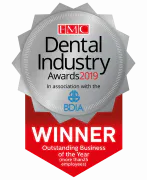Retainers
Retainers are used after you have had your teeth straightened to ensure that they remain in their new straight position. It essential that retainers are worn as recommended by your Pittville Lawn Dental & Implant Clinic dentist in Cheltenham, in order to ensure you continue to enjoy your new, straighter smile.
There are 2 main types of retainer available:
- Bonded retainers
- Removable retainers





